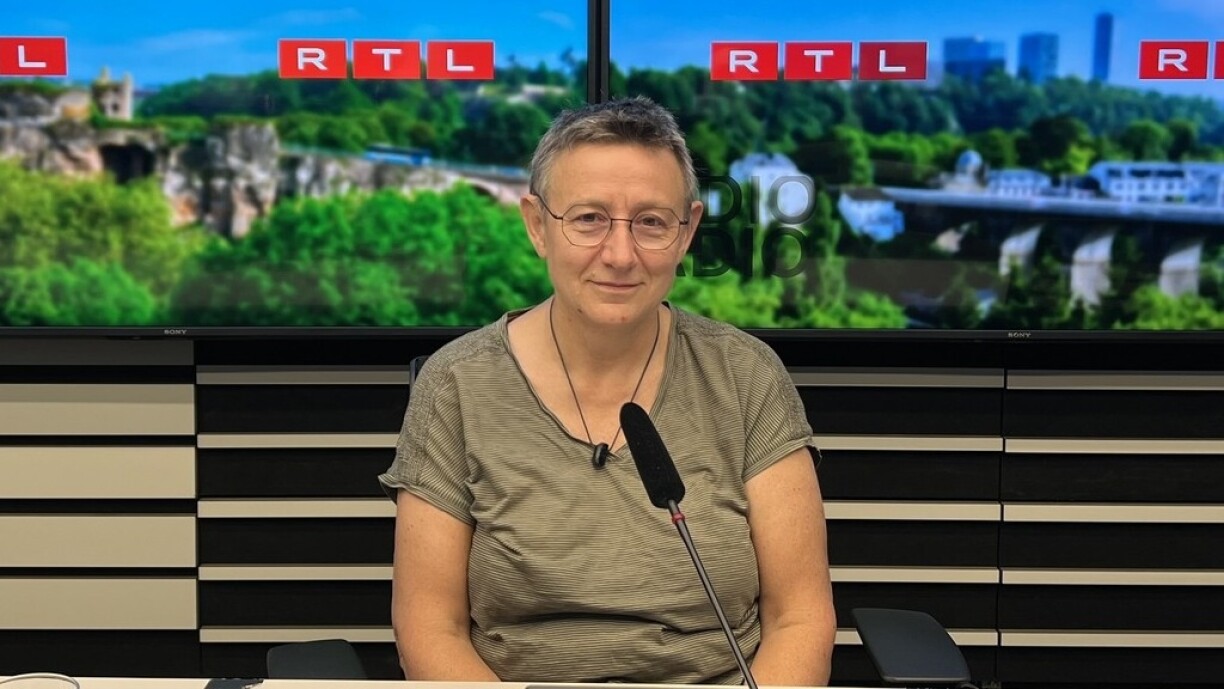
Queer subjects in schools and the conflict in the Near East are two examples of recent topics that distinctly divide public opinion. People are often labelled based on their stance on these issues. This was a key point in RTL’s conversation with Karin Weyer, director of respect.lu, Luxembourg’s Centre for Deradicalisation.
In discussions about petitions on how to handle LGBTQIA+ topics in schools, supporters of banning such subjects for underage pupils are frequently labelled as right-wing radicals or populists. Weyer noted that these labels cause concern for many people. While these concerns may not always be justified, the fact that people are worried is significant.
“Among those there might be true ideologists who participate in right-wing politics, but I believe that a lot of people who have doubts are experiencing them because of lack of information or knowledge. Lack of information or misinformation can arise from topics that have been generalised or polarised. Therefore, it is important to debate on it.”
Weyer also suggested that debates should occur in the parliamentary chamber, where arguments should avoid polarisation.
“In a democracy, citizens need to fight and debate. Yet freedom of speech does have its limits, namely when it comes to human rights, existential rights, or violence against certain groups. One should stay away from polarisation, from thinking in black and white during debates, and instead favour tolerance more,” she advocates.
“Tolerance doesn’t mean I agree with something. It only means that I grudgingly accept the things that I don’t agree with at all.”
The Centre for Deradicalisation received over 60 reports in the first half of the year, with an increase in cases of misogyny and homophobia. Notably, there was also a rise in anti-Semitism following the upheaval in the Near East.
Watch the full Luxembourgish interview here: